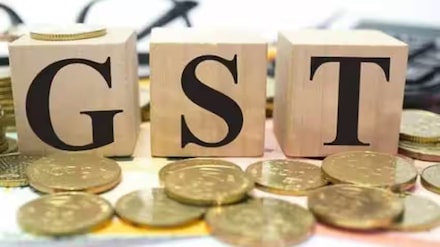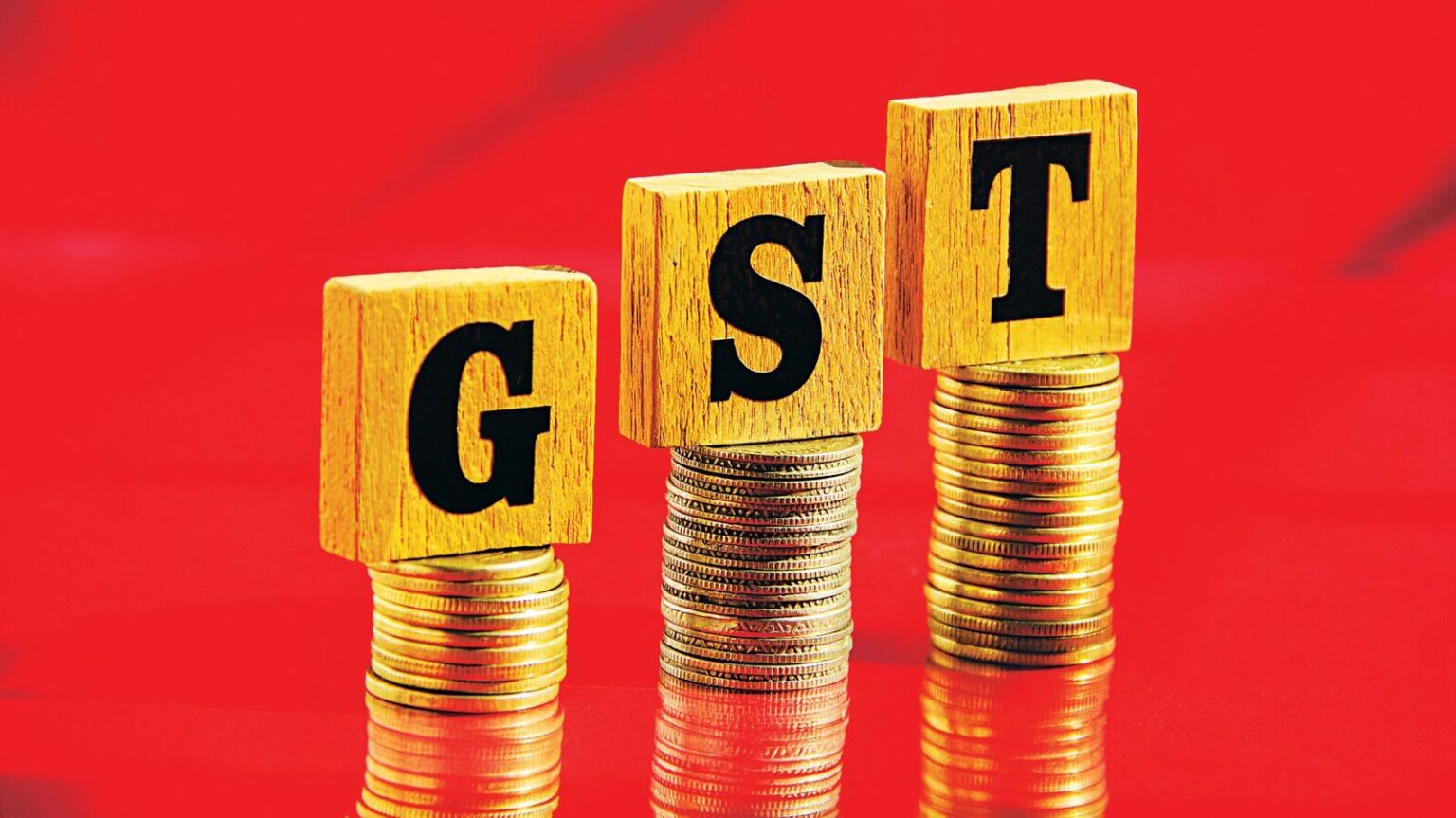Proposals to increase the Goods and Services Tax (GST) rate in India have sparked significant concern, especially regarding their potential impact on inflation. As the government considers raising tax rates on certain goods and services, economists, industry leaders, and consumers are wary of the ripple effects on prices.

Source:- bbc news
A GST hike would likely increase the cost of goods and services across various sectors, including everyday essentials like food, clothing, and electronics. This could lead to an overall rise in inflation, affecting the purchasing power of consumers, particularly the lower-income segments, who are most vulnerable to price increases. The anticipated inflationary pressures could also result in a tightening of consumer spending, potentially slowing economic growth.
Source:- news 18
Additionally, businesses could face higher input costs, particularly in manufacturing and retail, where the cost of raw materials and logistics would be directly impacted by a higher tax burden. Companies may pass these costs onto consumers, further exacerbating inflation. Small and medium-sized enterprises (SMEs), which are already struggling with margin pressures, may find it difficult to absorb these additional costs, leading to reduced profitability or even business closures.
However, the government argues that the hike is necessary to balance fiscal deficits and enhance revenue collection. With the country’s public debt at significant levels and the need for increased funding in areas like infrastructure, healthcare, and social welfare, the GST rate hike may be viewed as a means to ensure financial stability.
In conclusion, while the GST rate hike proposals are aimed at boosting government revenues, the potential inflationary impact cannot be ignored. Balancing the need for fiscal consolidation with the need to protect consumers from rising prices will be crucial in the coming discussions.
Share your views in the comments

